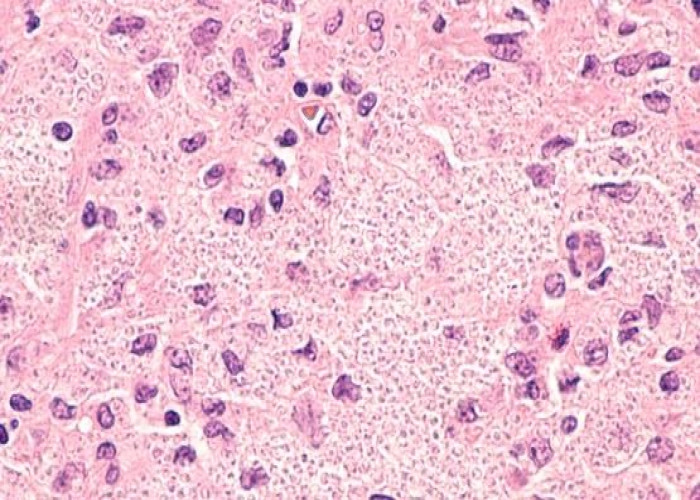 Welcome
Welcome
“May all be happy, may all be healed, may all be at peace and may no one ever suffer."
Histoplasmosis

Histoplasmosis is a fungal infection caused by the fungus Histoplasma capsulatum, which is found in soil and bird or bat droppings in certain areas of the world, including the United States. The infection is typically acquired by inhaling spores of the fungus.
The symptoms of histoplasmosis can vary widely, and some people may not experience any symptoms at all. Mild cases may cause flu-like symptoms such as fever, cough, and fatigue. In more severe cases, histoplasmosis can cause pneumonia, which may lead to shortness of breath, chest pain, and coughing up blood. Disseminated histoplasmosis, a rare but serious form of infection, can affect multiple organs and cause symptoms such as fever, weight loss, and anemia.
Diagnosis of histoplasmosis may involve a physical exam, blood tests, and imaging studies such as a chest X-ray or CT scan. A definitive diagnosis may require a biopsy of affected tissue or fluid.
Treatment for histoplasmosis may involve antifungal medication, and the specific medication and duration of treatment may depend on the severity of the infection and the individual's overall health. In some cases, hospitalization may be necessary.
Prevention of histoplasmosis may involve avoiding exposure to bird or bat droppings in areas where the fungus is endemic, such as caves and other enclosed spaces. Individuals who are at higher risk of infection, such as those with weakened immune systems, should take extra precautions to avoid exposure.
If you suspect you may have histoplasmosis or have been exposed to the fungus, it is important to see a healthcare provider for diagnosis and treatment.
Research Papers
Disease Signs and Symptoms
- Fever
- Fever and chills
- Headaches
- Muscle pain
- Dry cough
- Chest pain
- Fatigue (Tiredness)
Disease Causes
Histoplasmosis
Histoplasmosis is caused by the reproductive cells (spores) of the fungus Histoplasma capsulatum. They float into the air when dirt or other material is disturbed.
The fungus thrives in damp soil that's rich in organic material, especially the droppings from birds and bats. It's particularly common in chicken and pigeon coops, old barns, caves, and parks.
Histoplasmosis isn't contagious, so it can't be spread from person to person. If you've had histoplasmosis, you can get it again. However, if you do get it again, the illness will likely be milder the second time.
Disease Prevents
Histoplasmosis
It's difficult to prevent exposure to the fungus that causes histoplasmosis, especially in areas where the disease is widespread. But taking the following steps might help reduce the risk of infection:
- Avoid exposure. Avoid projects and activities that might expose you to the fungus, such as cave exploring and raising birds, such as pigeons or chickens.
- Spray contaminated surfaces. Before you dig soil or work in an area that could harbor the fungus that causes histoplasmosis, soak it with water. This can help prevent spores from being released into the air. Spraying chicken coops and barns before cleaning them also can reduce your risk.
- Wear a respirator mask. Consult the National Institute for Occupational Safety and Health to determine which type of mask will provide protection for your level of exposure.
Disease Treatments
Treatment usually isn't necessary if you have a mild case of histoplasmosis. But if your symptoms are severe or if you have the chronic or disseminated form of the disease, you'll likely need treatment with one or more antifungal drugs. If you have a severe form of the disease, you might need to continue to take medications for three months to a year.
Disease Diagnoses
Disease Allopathic Generics
Disease Ayurvedic Generics
Disease Homeopathic Generics
Disease yoga
Histoplasmosis and Learn More about Diseases

Diarrhea
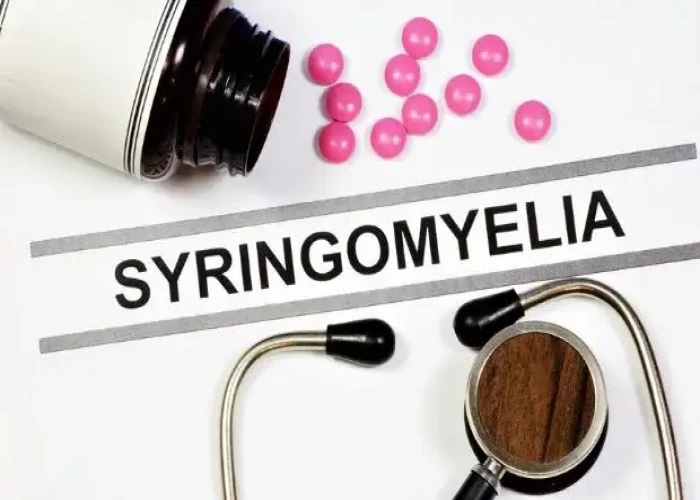
Syphilis
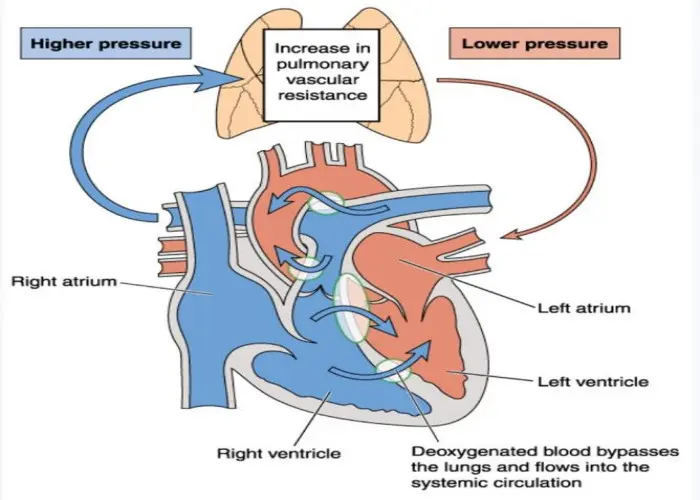
Eisenmenger syndrome
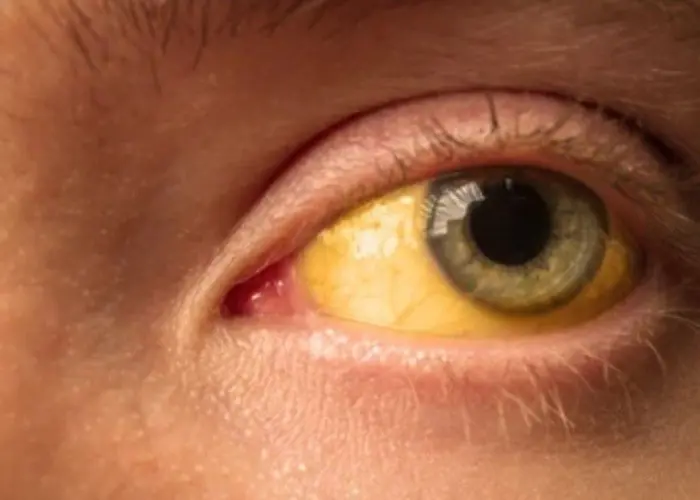
Cirrhosis

Breast cancer

Waldenstrom macroglobulinemia
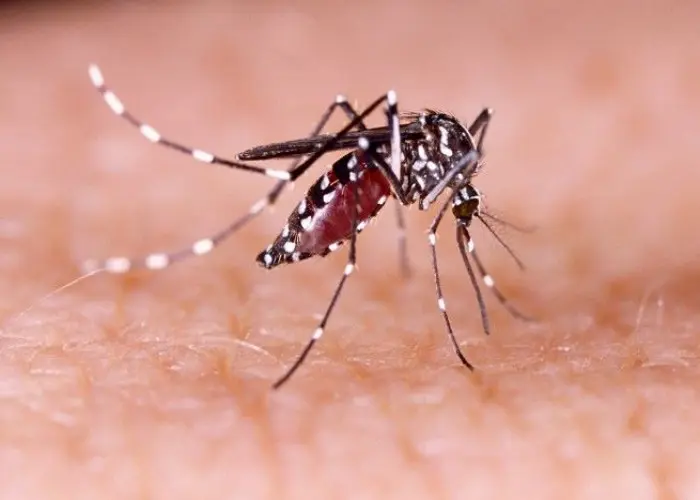
Dengue fever

Adult attention-deficit/hyperactivity disorder (ADHD)
histoplasmosis, হিস্টোপ্লাজমোসিস
To be happy, beautiful, healthy, wealthy, hale and long-lived stay with DM3S.
